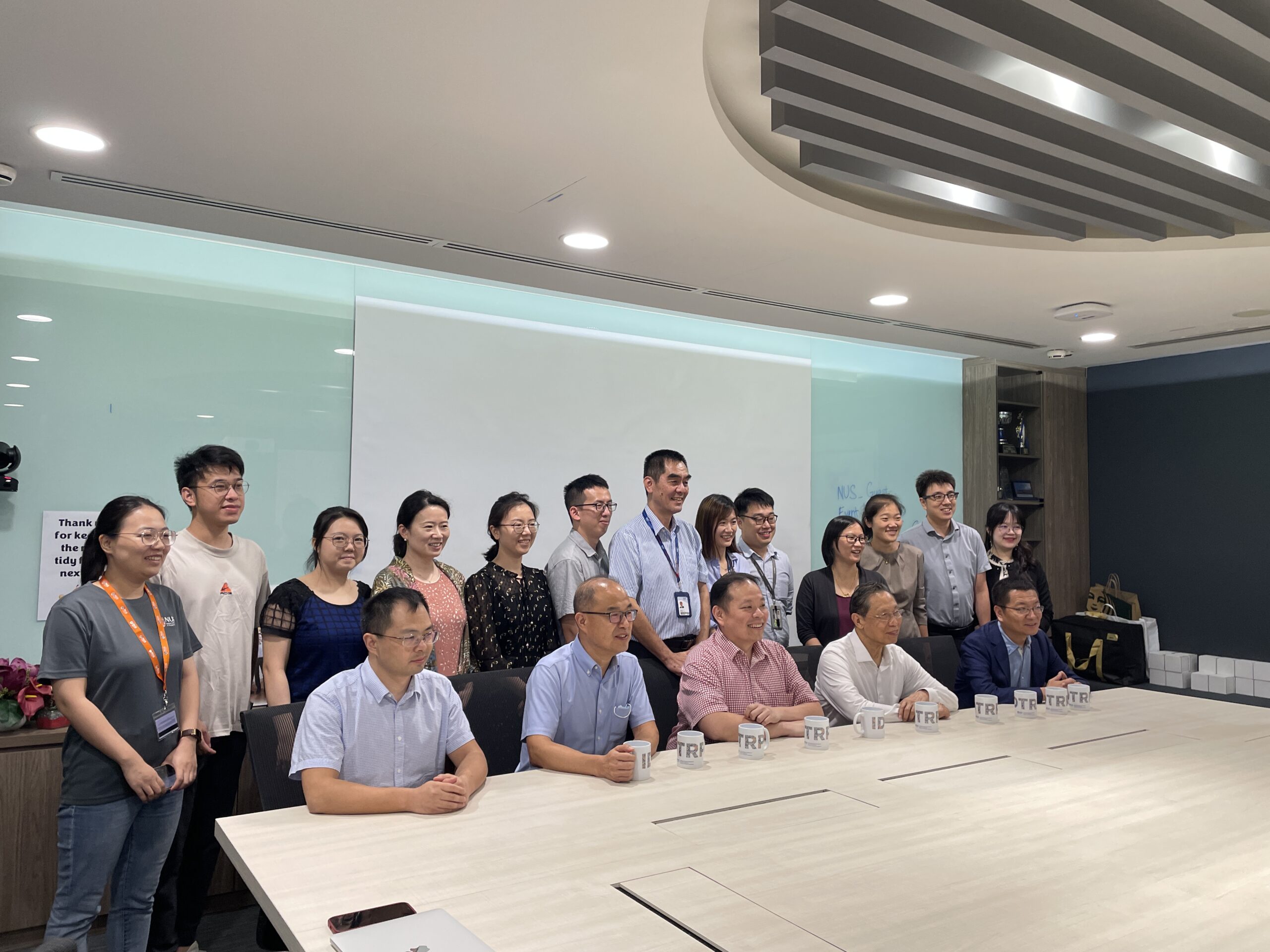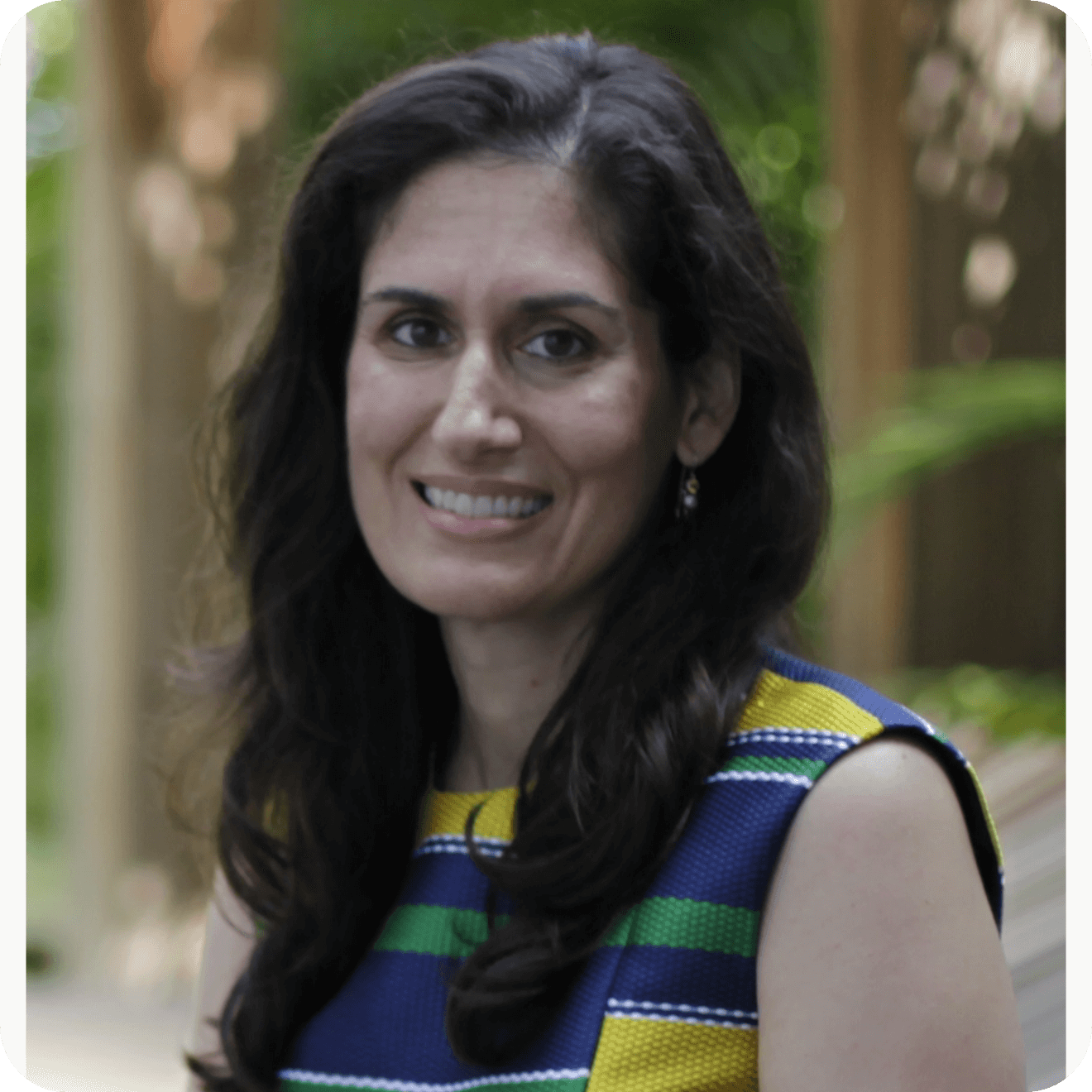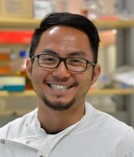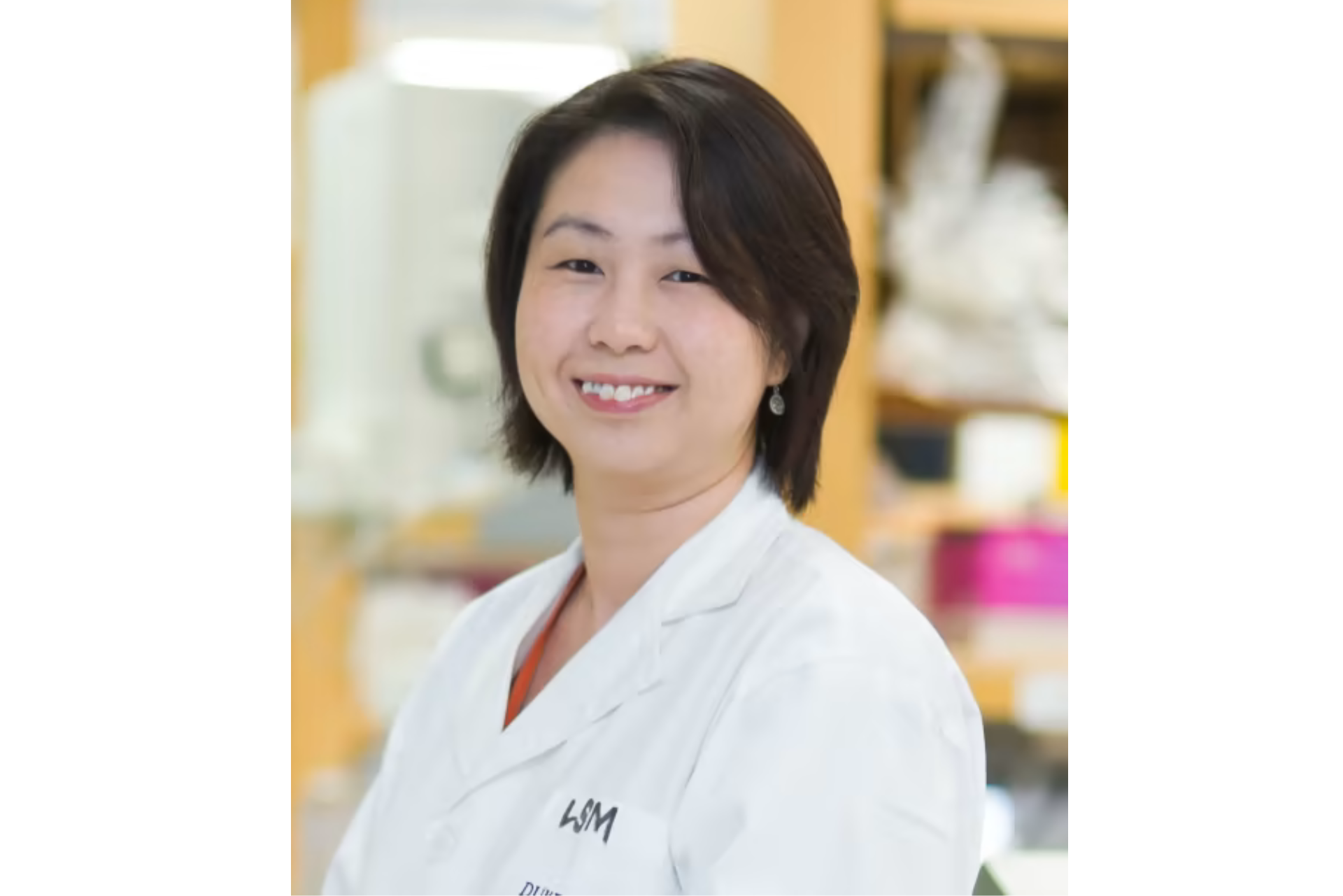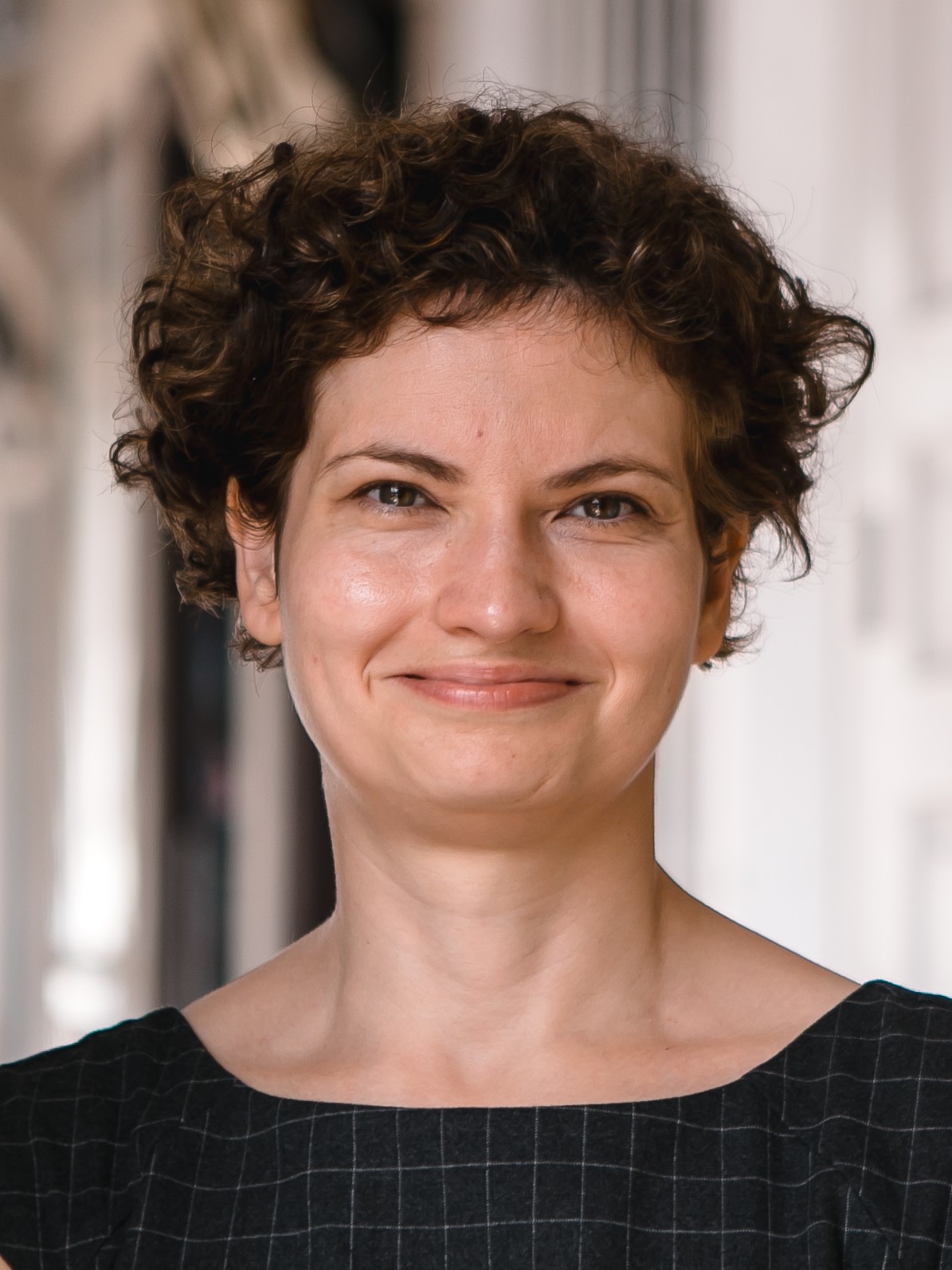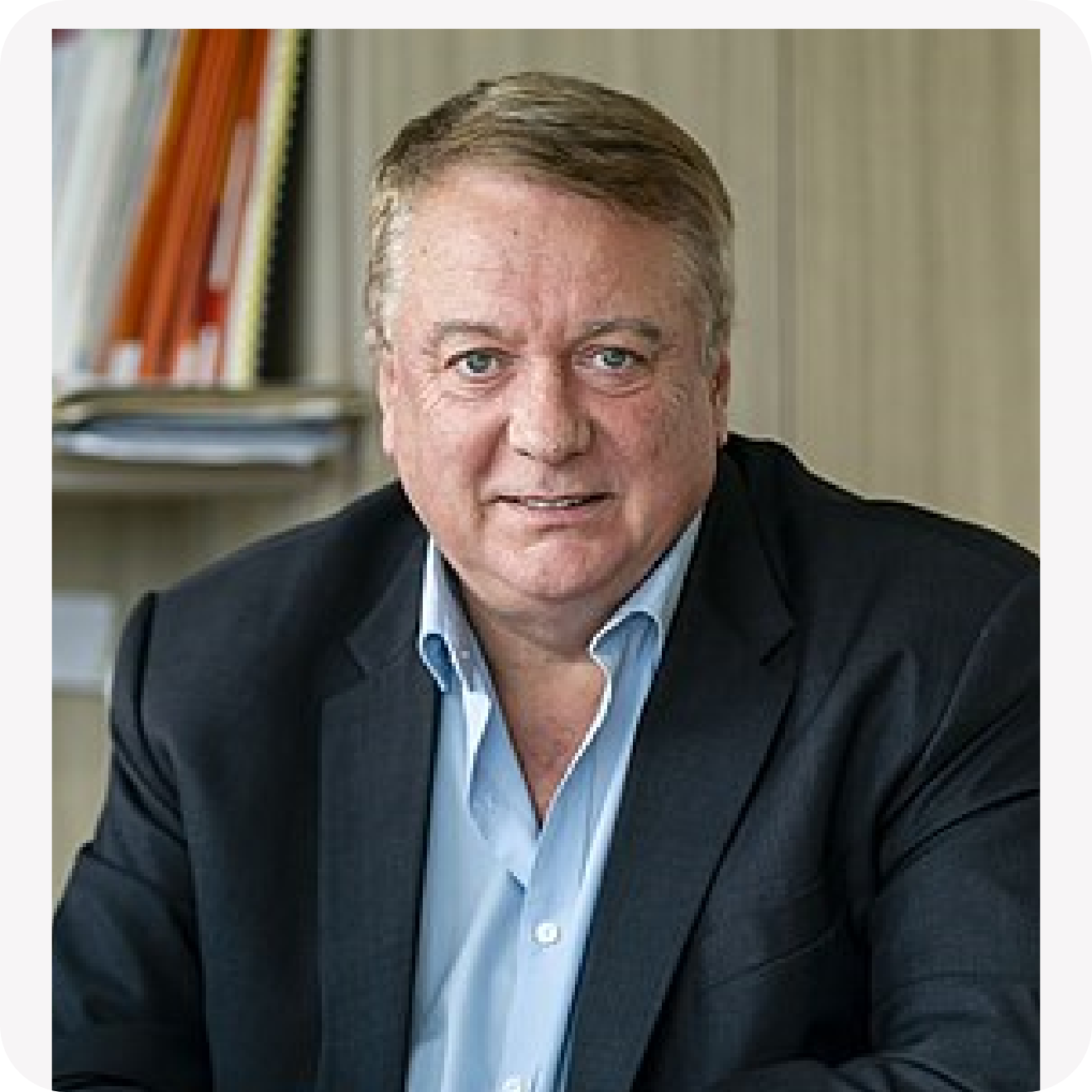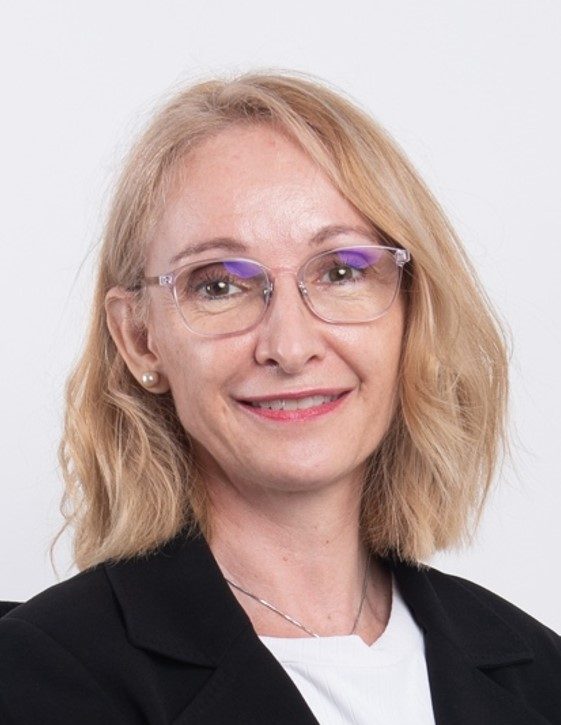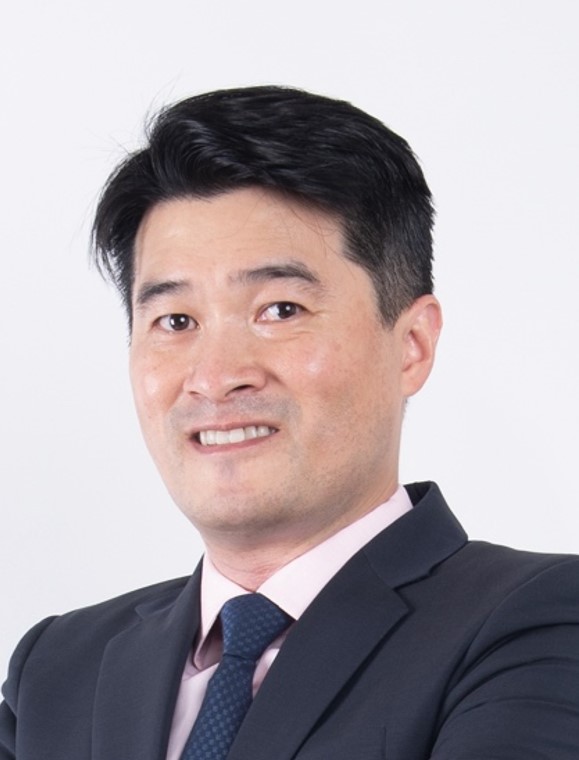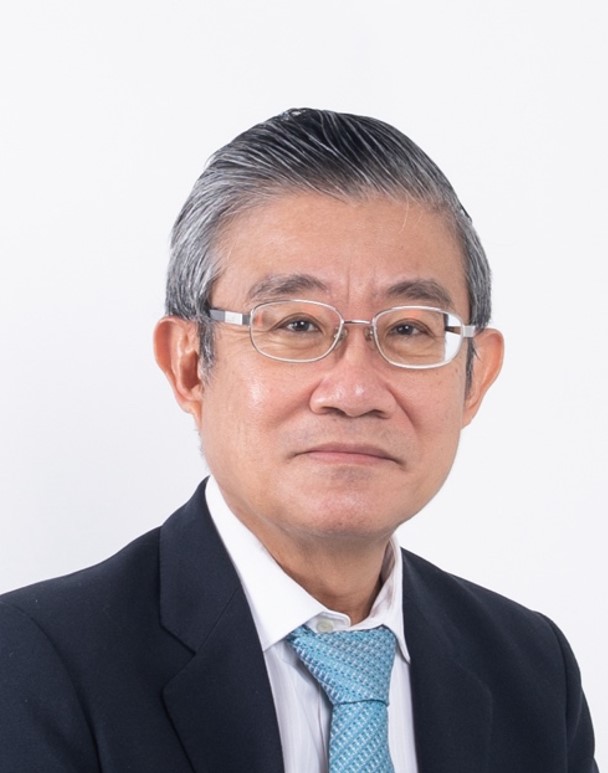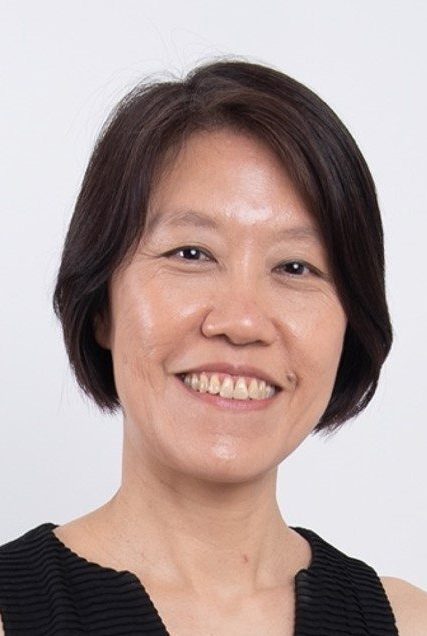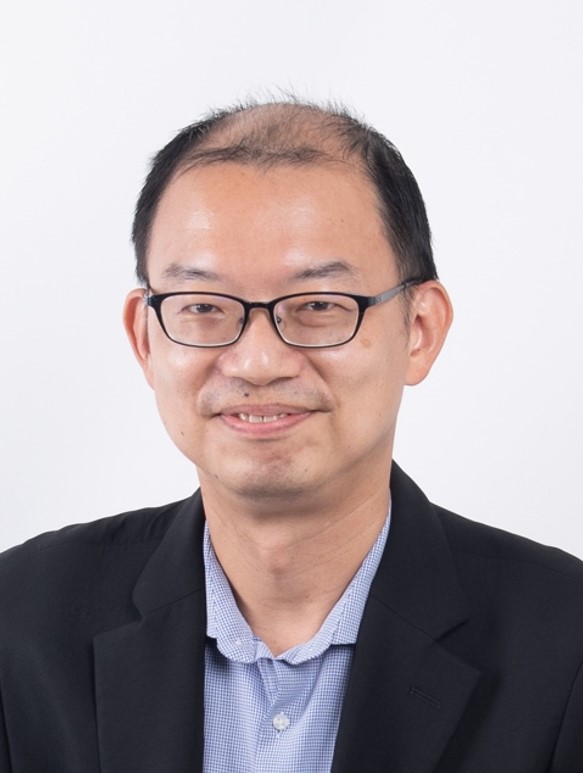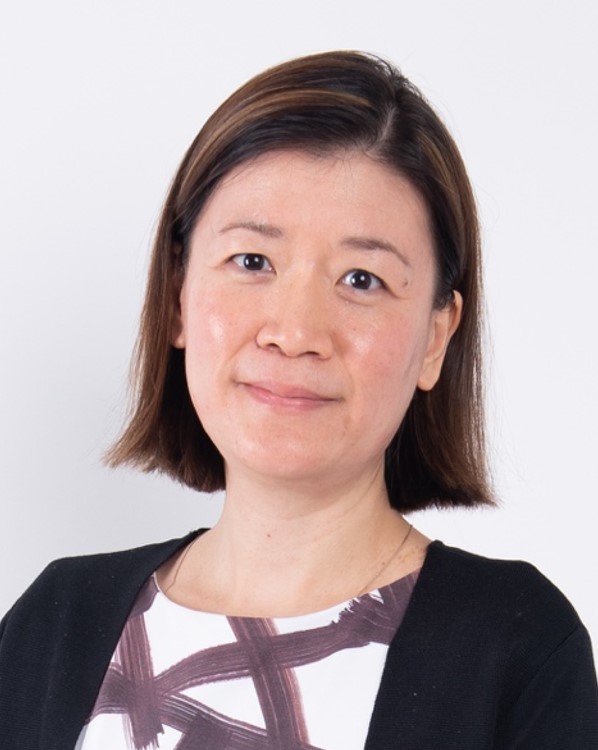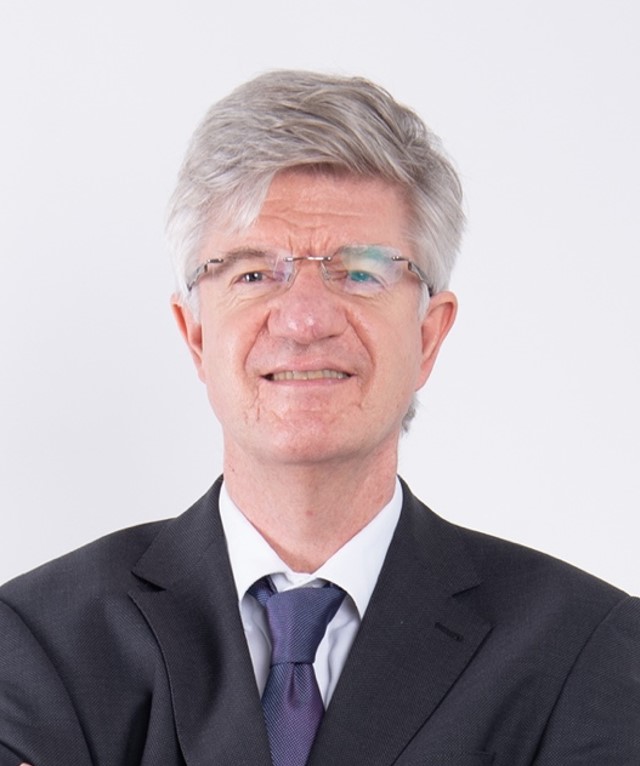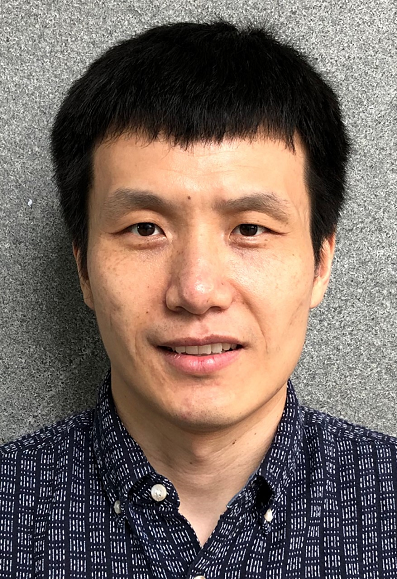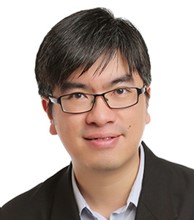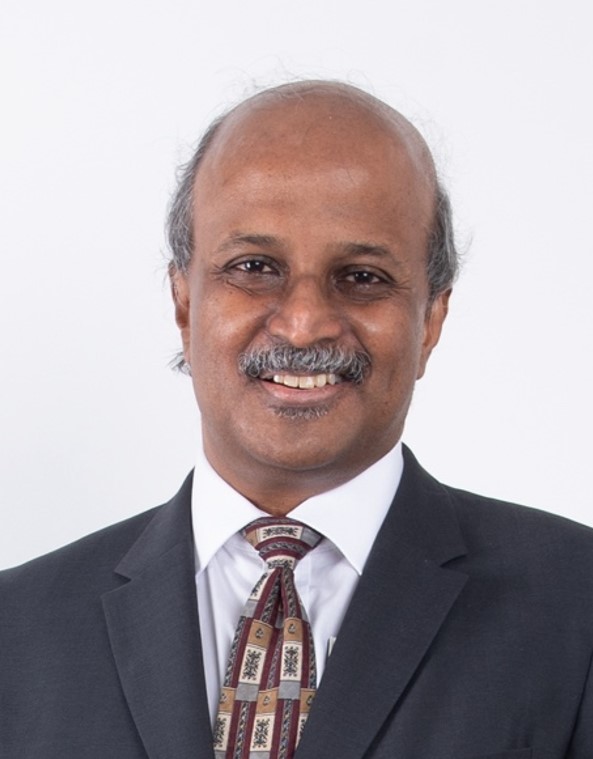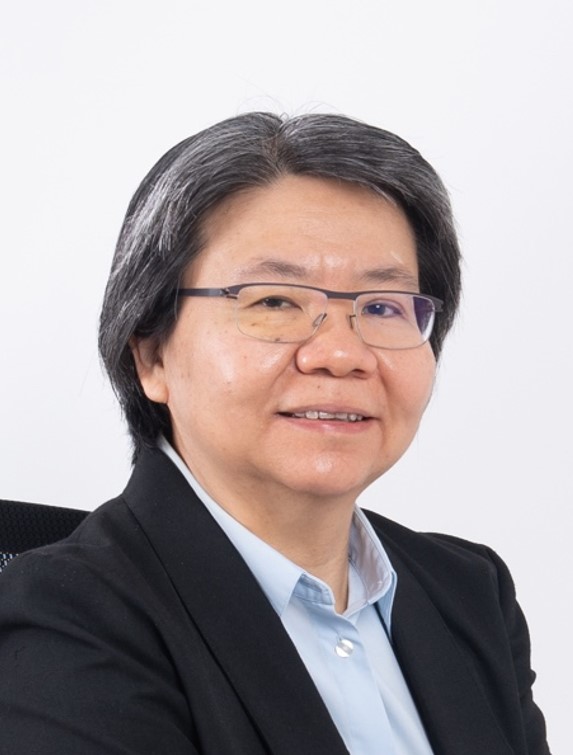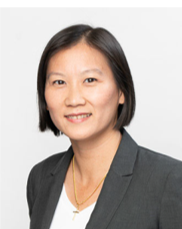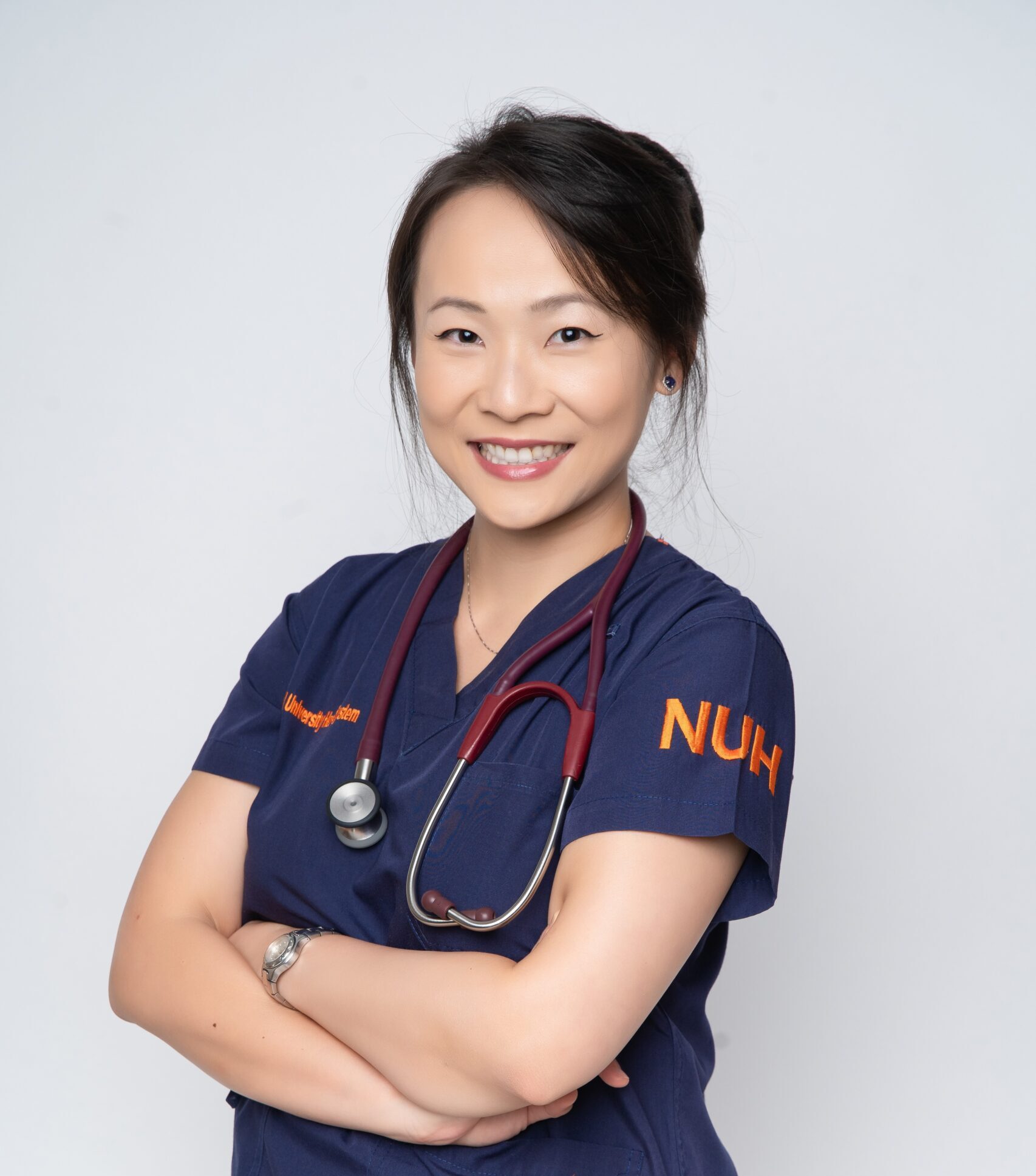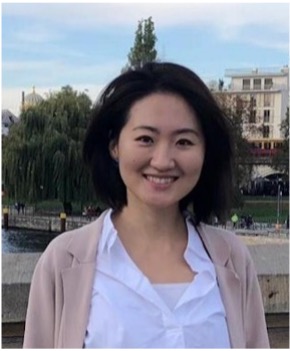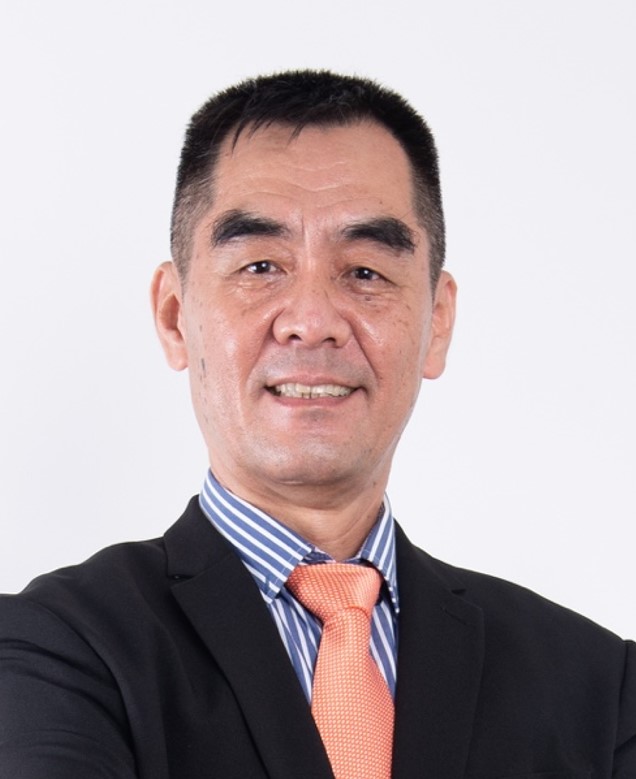SINGAPORE – Clinical trials are under way to approve appropriate vaccines for children under 16, the last group in the country to be offered a jab.
But while experts note that youngsters are not as likely to transmit the virus and are not a major reservoir of infections, the medical profession said that inoculating this cohort is vital for the community to achieve herd immunity.
However, the kind of vaccine that children will receive remains an open question.
The Pfizer-BioNTech jab is not recommended for those under 16, while the Moderna vaccine cannot be approved for those under 18 until more safety and efficacy data is available for both vaccines, noted the Ministry of Health.
Trials have begun for both vaccines in children aged 12 and above, with the Pfizer-BioNTech dose achieving a 100 per cent efficacy rate in 2,260 adolescents aged 12 to 15.
Similarly, Moderna has begun trials in 3,000 people aged 12 to 17, half of whom are getting two shots four weeks apart while the other half are getting a placebo. The results are expected around the middle of the year.
Both vaccine companies have also begun trials on children under 12.
Sinovac’s Covid-19 vaccine is said to be safe and able to trigger immune responses among children and adolescents, according to preliminary results from early and mid-stage trials conducted among three to 17-year-olds.
The vaccine has not yet been approved by the Health Sciences Authority, although Singapore has already received around 200,000 doses.
Associate Professor Sylvie Alonso at the National University of Singapore’s (NUS) Yong Loo Lin School of Medicine and co-director of the school’s Infectious Diseases Translational Research Programme said the human immune system is very immature and not fully functional from birth until around the age of 11 to 12.
“Therefore, for this younger demographic (below the age of 11), efficacy and reactogenicity, which includes local and systemic reactions to the vaccine, may be significantly different from what is observed in adults,” she added.
This means the dose or its formulation may have to be adjusted so the vaccine is suitable and optimal for this younger demographic, Prof Alonso noted.
Source: Straits Times


